Table of Contents
What is Fundamental Rights?
Fundamental Rights are those basic freedoms which are essential for the healthy and all-round development of every individual. These rights are called fundamental because they have been incorporated in the Constitution as fundamental laws of the land and can be enforced by the Judiciary. They are also ‘Fundamental’ because every citizen can claim these rights for the development and enrichment of his personality.
Articles Deals With Fundamental Rights:
- Article 12: Definition of State.
- Article 13: Laws inconsistent with or in derogation of the Fundamental Rights.
Right to Equality (Articles 14-18):
- Article 14: of the Constitution states, “The State shall not deny to any person equality before the law or the equal protection of the laws within the territory of India.”
- Article 15: prohibits discrimination against any citizen in any matter at the disposal of the state on any of the specified grounds, namely, religion, race, caste, sex, or place of birth.
- Article 16: provides for equality of opportunity for all citizens in matters of employment or appointment to any office under the state.
- Article 17: abolishes ‘Untouchability’ and forbids its practice in any form.
- Article 18: abolishes the practice of the State conferring special titles on individuals. The Act seeks to promote equality among the citizens and to prevent abuse and corruption in public life. However, this applies only to the State and does not prevent public institutions like universities from conferring titles. Military and academic distinctions may also be used as titles.
Right to Freedom (Articles 19-22):
- Article 19: guarantees to all citizens the six rights. These are-
- (a) Right to freedom of speech and expression.
- (b) Right to assemble peacefully and without arms.
- (c) Right to form associations or unions.
- (d) Right to move freely throughout the territory of India.
- (e) Right to reside and settle in any part of the territory of India.
- (f) Right to practice any profession or to carry on any occupation, trade or business.
- Article 20: It prohibits retrospective criminal legislation, double jeopardy, compulsion to give self-incriminating evidence.
- Article 21: provides that no person shall be deprived of his life or personal liberty except as per the procedure established by law. Following rights are part of Article 21-
- Right to information.
- Right to privacy.
- Right to livelihood.
- Right to health.
- Right to free legal aid.
- Right to live with human dignity.
- Right to hearing.
- Right to reputation.
- Right of women to be treated with decency and dignity.
- Right to fair trial.
- Right to decent environment including pollution free water and air and protection against hazardous industries.
- Right to shelter.
- Right to free education up to 14 years of age.
- Right against solitary confinement.
- Right to speedy trial.
- Right against handcuffing.
- Right against inhuman treatment.
- Right against delayed execution.
- Right to travel abroad.
- Right against bonded labour.
- Right against custodial harassment.
- Right to emergency medical aid.
- Right to timely medical treatment in governmental hospital.
- Right not to be driven out of a state.
- Right of prisoner to have necessities of life.
- Right against public hanging.
- Article 21A: declares that the State shall provide free and compulsory education to all children of the age of six to fourteen years in such a manner as the State may determine. This provision was added by the 86th Constitutional Amendment Act of 2002.
- Article 22: No person shall be detained without being informed of the grounds of such arrest. No person shall be denied the right to consult and be defended by a lawyer of his choice. Every person detained shall be produced before a magistrate within 24 hours of the arrest.
Right against Exploitation (Articles 23-24):
- Article 23: prohibits traffic in human beings and begar and other forms of forced labour and regards them as punishable offences under the law. Traffic means using human beings as goods for commercial purposes and making money out of such transactions. Forced labour or begar, where a person is forced to work against his or her wishes and not paid any remuneration for it, is punishable under law.
- Article 24: prohibits the employment of children below the age of 14 years in any factory, mine, or other hazardous activities like construction work or railway. Child Labor (Prohibition & Regulation) Act, 1986: It declared 14 industries as hazardous like mining, chemical, slate, firecrackers, matchstick. In other industries, child employment was regulated by work of hours, minimum wages, the responsibility of the employer towards health and education of children, etc. Child Labor (Prohibition & Regulation) (Amendment) Act, 2009: Unorganized sector was brought under hazardous industries like domestic help, hotels, etc.
Right to Freedom of Religion (Article 25-28):
- Article 25: guarantees every citizen the freedom of conscience and the right to profess, practise, and preach any religion of his choice as far as it does not go against public order, morality and health.
- Article 26: According to Article 26, every religious denomination or any of its section shall have the following rights-
- (a) Right to establish and maintain institutions for religious and charitable purposes.
- (b) Right to manage its own affairs in matters of religion.
- (c) Right to own and acquire movable and immovable property.
- (d) Right to administer such property in accordance with the law.
- Article 27: State shall not use public funds for the promotion and maintenance of a particular religion. State is prohibited from patronizing any one religion. But it can patronize all the religions without any discrimination.
- Article 28: Freedom from attending religious instruction or worship in certain educational institutions.
Cultural and Educational Rights (Articles 29-30):
Article 29: provides that any section of the citizens residing in any part of India having a distinct language, script, or culture of its own, shall have the right to conserve the same.
Article 30: Right of minorities to establish and administer educational institutions.
Right to Constitutional Remedies (Article 32):
- Article 32: Right to move the Supreme Court for the enforcement of fundamental rights including the writs of Habeas Corpus, Mandamus, Prohibition, Certiorari, and Quo-Warranto.
Significance of Fundamental Rights:
- They provide suitable conditions for the all-round development of a human being.
- These rights protect people from unjust discrimination.
- They act as a check on the arbitrary powers of the government.
- These rights are enforceable by law.
- They reveal the underlying concept of equality as all citizens are given the same liberties irrespective of religion, sex, race, social status, or caste.
- These rights are not absolute, which means a person cannot enjoy his Fundamental Rights if it is at the cost of others.
Other Points:
- The Fundamental Rights are enshrined in Part III of the Constitution from Articles 12 to 35.
- Part III of the Constitution is described as the Magna Carta of India because it contains a very long and comprehensive list of ‘justiciable’ Fundamental Rights.
- Fundamental Rights are borrowed from the Constitution of USA.
- Article 15, 16, 19, 29, 30 are available only to citizens of India and not to foreigners.
- Fundamental Rights aim at establishing political democracy in the country.
- Fundamental Rights suspended during the operation of a National Emergency except Articles 20 & 21.
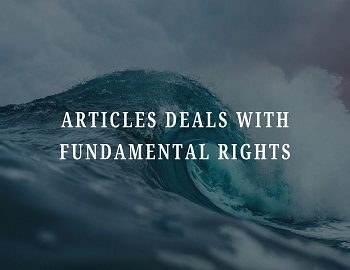
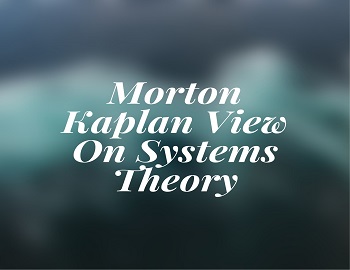
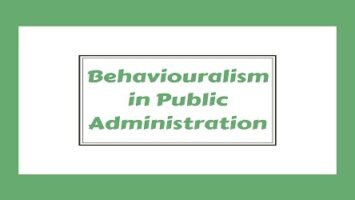
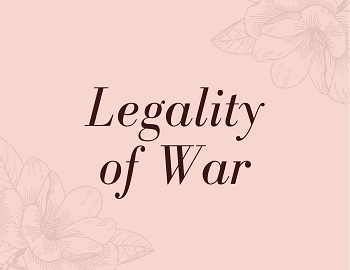

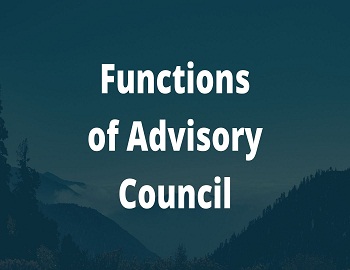
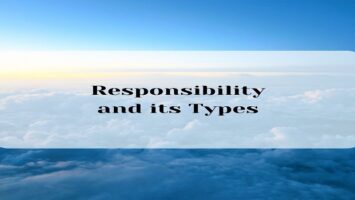
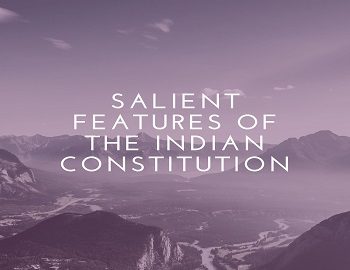

Comments (No)